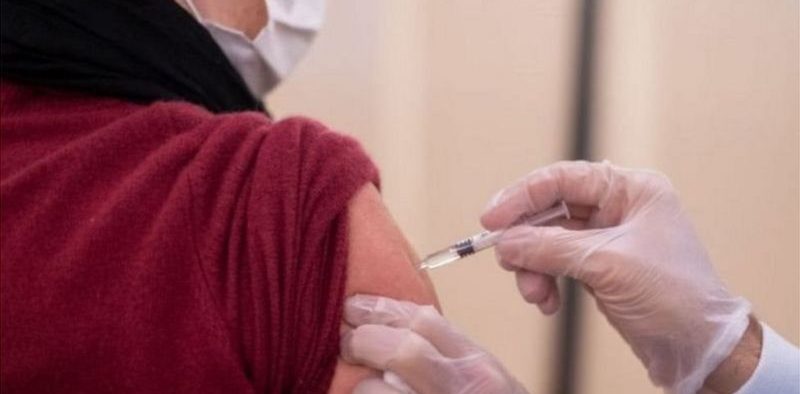BD Experts criticised of single source dependence for procuring COVID-19 vaccine

Experts on Monday criticised the government for depending on a single source — Serum Institute of India — for procuring COVID-19 vaccine.
They said that the government turned down China and remained nonchalant about exploring other options to obtain the vaccines amid the coronavirus pandemic.
Experts said that Bangladesh would now have to wait a few months before receiving the first shots. They were talking to New Age after the news spread that the Indian government slapped a ban on exporting the vaccine manufactured at Serum Institute of India.
Bangladesh was solely focused on India for vaccine import while the country has an overwhelming demand for the vaccine due to its huge population, they said.
Gonoshasthaya Kendra founder Zafrullah Chowdhury said that it was an unwise decision to depend only on India for getting the vaccine.
He said that it was not unusual for the Indian government to ensure adequate supply of the vaccine to their own people before deciding to export it to other countries as the rate of infections and fatality from COVID-19 is much higher in India.
‘But our government did not even think about such a situation,’ he said.
Zafrullah added that it was also unwise for Bangladesh to deny China’s Sinovac when they proposed for a vaccine trial.
‘We would have been a priority country to recieve the Chinese vaccine following the approval of the World Health Organisation,’ he said.
Bangabandhu Sheikh Mujib Medical University pharmacology professor Sayeedur Rahman said that experts earlier warned the government that it would be risky to depend on a single source for the vaccine.
‘We feared such a consequence and we have been proved right,’ he said.
He said that Bangladesh should explore other options including the vaccines developed by China’s Sinovac, Russia and Johnson & Johnson.
‘Proper diplomatic mechanism will help us regain our hope for getting the vaccines from different sources,’ said Sayeedur.
‘We have still time to explore different options while simultaneously we can wait for a change in India’s position over the vaccine release,’ he said.
Sayeedur, a member of Bangladesh Medical Research Council, said that the government needed proper planning for procurement and distribution of the vaccine.
He said that the frontline fighters like doctors as well as the elderly population should be getting the vaccine first and the plan for procuring vaccines for the entire population should also be taken.
‘We should have opted for different sources instead of focussing on a single company in India,’ said noted virologist Nazrul Islam.
Nazrul, also a member of National Technical Advisory Committee on COVID-19, said that the previous Chinese proposal for a vaccine trial, which received approval from the Bangladesh Medical Research Council, was rejected by the government in an ‘undignified manner’.
‘The health secretary earlier said that Sinovac’s vaccine trial proposal was analysed and he later informed that the government turned down the proposal. We want a clarification on the matter, especially regarding who analysed the proposal,’ he said.
‘We’ve lost the chance to form a partnership with China to get the vaccine on a priority basis,’ added Nazrul, a former vice-chancellor of BSMMU.
The government should file a case against Serum for breaching the contract, he said.
‘They assured us that we would get the vaccines in January, but they are now saying that they will provide us the vaccine only after meeting the demands in India, which is a breach of contract,’ he said.
Nazrul said that the latest proposal from another Chinese firm for a vaccine trial should be accepted.
Bangladesh Health Rights Movement chairman Rashid-e-Mahbub said that the country would lag behind in getting the vaccine due to the Indian ban on export of their vaccine.
He said that the Indian government prioritises their people over the neighbouring populations, which is not unusual.
‘We hope Bangladesh will get the vaccine from Serum at some point, but it will be too late,’ said Rashid, a former president of Bangladesh Medical Association, and added, ‘Now we have to explore for more sources of the vaccines, which are likely to get the approval of the World Health Organisation.’
Bangladesh so far tallied 5.16 lakh COVID-19 cases with 7,650 deaths since the first cases were confirmed on March 8, 2020.
Source: New Age











